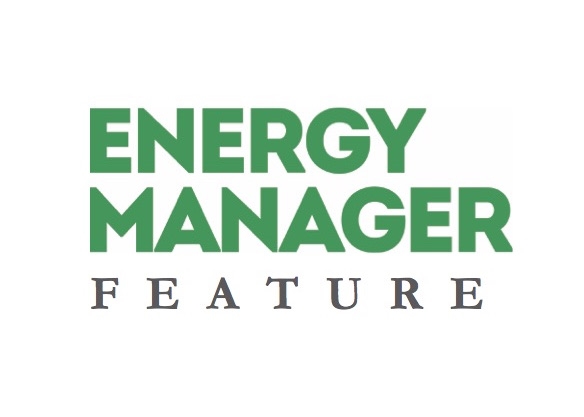
News
A resilience strategy for trade-exposed business • COLUMN
March 12, 2018 - The ongoing renegotiation of NAFTA and President Trump’s threats of import duties on steel and aluminum are making these uncertain times for Canadian manufacturers.
March 12, 2018 By David Arkell and Jennifer Niece

The ground rules for business may be changing, and it is hard to predict how or when things will settle. Companies that may be impacted by new trade conditions are exploring all their options for minimizing costs and reducing risks in both the short and long terms.
Under such conditions, executive leaders may be tempted or pressured to take immediate corrective action. This is understandable, but the challenge is determining which corrective action will actually help the situation, not make it worse.
Manufacturers that would be affected by steel and aluminum tariffs are typically also high-energy users. At a recent roundtable hosted by 360 Energy, Ontario manufacturers in the auto industry supply chain identified energy as their second-largest cost centre (after labour).
It is quite reasonable for trade-exposed Canadian businesses to ask themselves whether they might be better off moving their operations south of the border. However, even the best-laid plans have unintended consequences. Relocating operations to another jurisdiction changes multiple variables, not just trade conditions. Labour and energy costs, labour availability, jurisdictional taxes, permitting and environmental regulations, and reliability of energy supply are all important considerations.
Many forward-thinking manufacturers also see brand value in low-carbon electricity grids such as Ontario’s. The decision to relocate is never taken lightly, and it never happens overnight.
So, what can an astute company do in the short term while waiting to see how trade laws will settle? Strategically manage their energy procurement and consumption.
Energy management is an oft-overlooked way to address cost and risk concerns. With a coordinated strategy, our clients typically find greater than 5% annual cost savings within the first year with low or no capital outlay. Over time, annual savings of 20% or greater can be reached and sustained.
This is achieved by engaging diverse people within an organization to help them understand how they use energy, how that use influences energy purchasing options, and how specific information (internal and external to the company) can be applied to continuously improve. By tackling a high cost centre, such as energy, those businesses are more resilient and able to withstand commodity price volatility and changing legislative conditions.
Energy costs can, in fact, be controlled, and learning to manage energy has become a core risk mitigation competency for corporate executive teams.
It makes sense for a trade-exposed businesses to manage energy costs. It is an effective, immediate and low-cost solution, even as you wait for the dust to settle on NAFTA and consider other longer-term options.
David Arkell is the president & CEO of 360 Energy, and has a deep understanding of energy markets and customer energy usage. He has developed results-driven innovations in utility tracking and whole-organization process integration. Together, these have made 360 Energy a leader in energy management consulting across North America. Jennifer Niece believes businesses can and should remain financially profitable while proactively addressing climate change and other environmental and social challenges. She combines her experience in customer service, strategic planning and corporate sustainability to enhance 360 Energy’s service delivery. For more information, visit www.360energy.net.
Print this page
